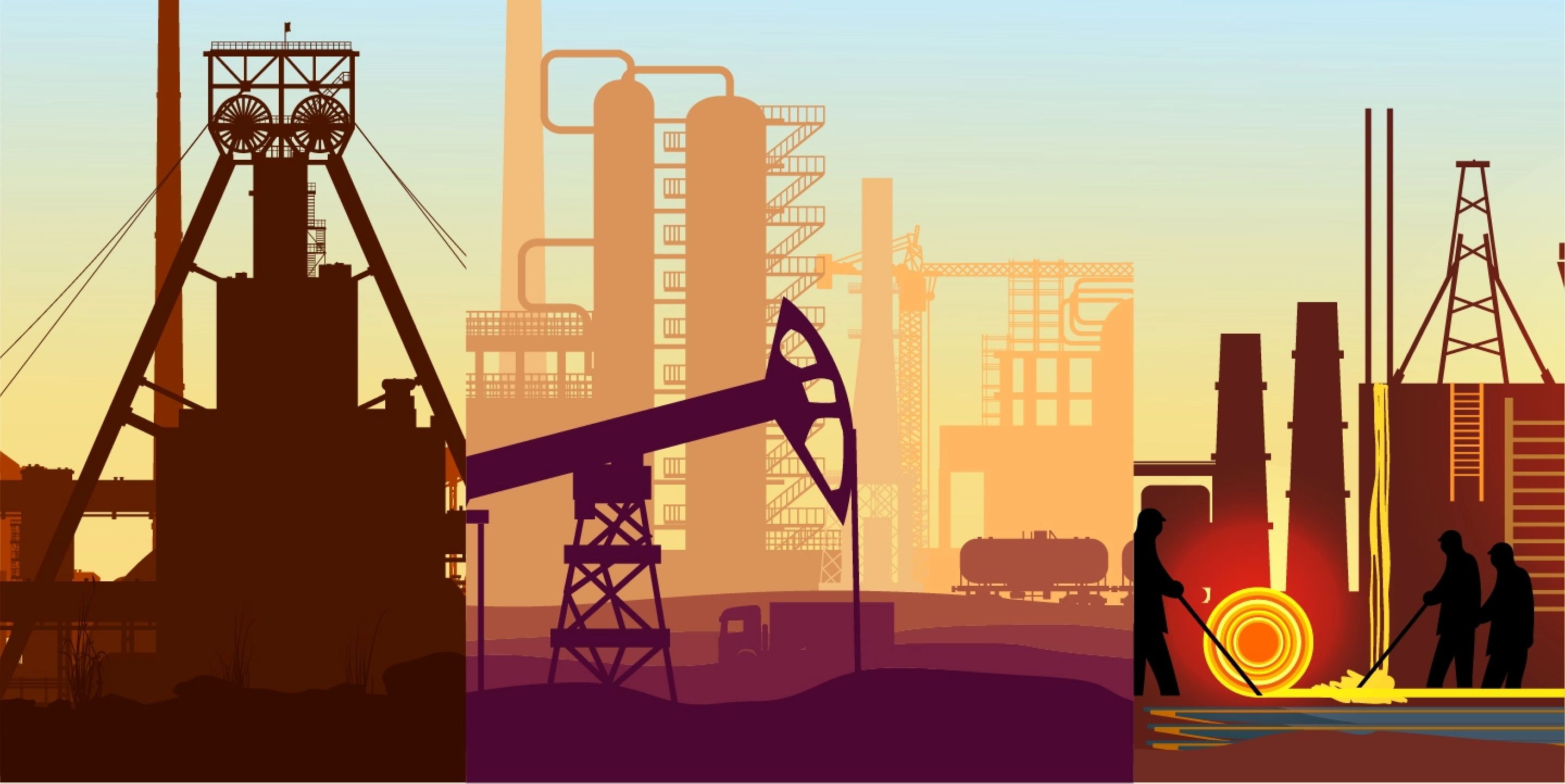

DRIVING DEMAND FOR HYDROGEN
Demand for hydrogen has grown more than threefold since 1975, and continues to rise. However the cheapest (and the most common) way to make hydrogen is the most environmentally damaging due to being supplied from fossil fuels. Green hydrogen (made by using clean electricity from renewable energy technologies) is ideal but still expensive. The choice of the policy and regulation tools will also influence demand going forward.
Click on hotspots

Ammonia ahead of the game
Industry uses hydrogen as an energy fuel but there is also demand to use hydrogen as a feedstock for the manufacturing of non-energy products such as ammonia. Currently, around half of all produced hydrogen is consumed to produce ammonia. Ammonia's allure as a carbon-free fuel, carrier of hydrogen and energy store will also likely drive the demand for green hydrogen going forward.

Essential to oil refining
Today, more than half of the demand for hydrogen is used in oil refining. Refineries use vast quantities of hydrogen in the de-sulfurization of crude oil to make petrol and diesel and other chemicals. Hydrogen production is central to the operation of a refinery, and partly also as a rersult of stricter environmental legislations, demand for hydrogen is expected to increase in the upcoming years.

True as steel
Today, hydrogen is used mostly in oil refining and for the production of fertilisers. For it to make a significant contribution to clean energy transitions, it also needs to be adopted in sectors where it is almost completely absent at the moment, such as transport, buildings and power generation.
